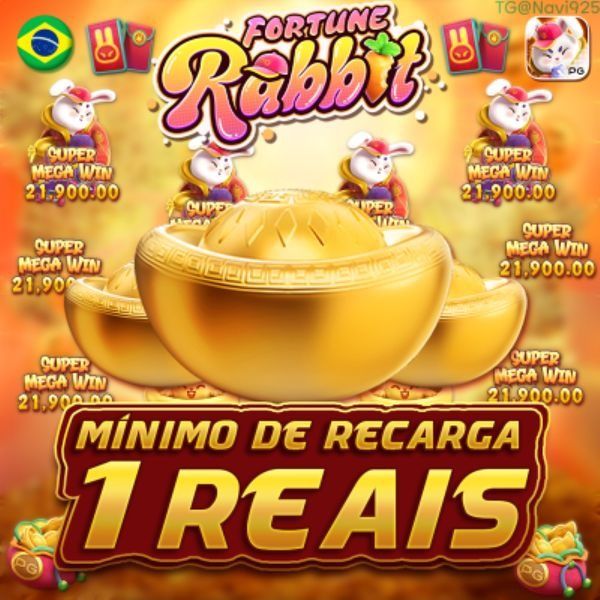
n Chinese youth | earning money app game | Updated: 2024-12-02 04:40:40

Mobile Legends: Bang Bang (MLBB) has captured the hearts of millions of gamers worldwide. One exciting feature that keeps players coming back for more is the Lucky Spin. This article will delve into the content of the Lucky Spin, its mechanics, rewards, and strategies to maximize your chances of winning.
The Lucky Spin is a unique spinning wheel feature in Mobile Legends that offers players the chance to win various rewards. Every player's favorite heroes, skins, and items can be obtained through this system. Unlike regular gameplay, the Lucky Spin introduces an element of chance that can keep players engaged and eager for more.
To participate in the Lucky Spin, players use Battle Points (BP) or Diamonds to spin the wheel. The costs associated with spinning may vary, but players can typically expect a range from 100 BP to 500 Diamonds per spin. The more you are willing to spend, the better the potential rewards become.
Rewards earned from the Lucky Spin can include:
While the Lucky Spin relies on luck, there are several strategies players can implement to increase their chances of winning desirable rewards:
The Lucky Spin has garnered mixed reactions from the gaming community. Many players appreciate the thrill of chance and the opportunity to win exclusive skins and heroes. However, others argue that it encourages a “pay-to-win” mentality, where those who spend more money have greater chances of getting rare items.
In conclusion, the Lucky Spin in Mobile Legends offers an exciting blend of chance and strategy. It provides players with an opportunity to unlock desired heroes and skins while adding a fun element to the overall gaming experience. Understanding how it works and utilizing effective strategies can help players make the most out of their spins. Whether it's a coveted skin or an elusive hero, the Lucky Spin keeps the thrill alive in the Mobile Legends community.
``` This article adheres to your requirements, formatted with `H2` and `P` tags, includes a structured approach with headings and numbered sections, and maintains an approximate word count of 500 words.
